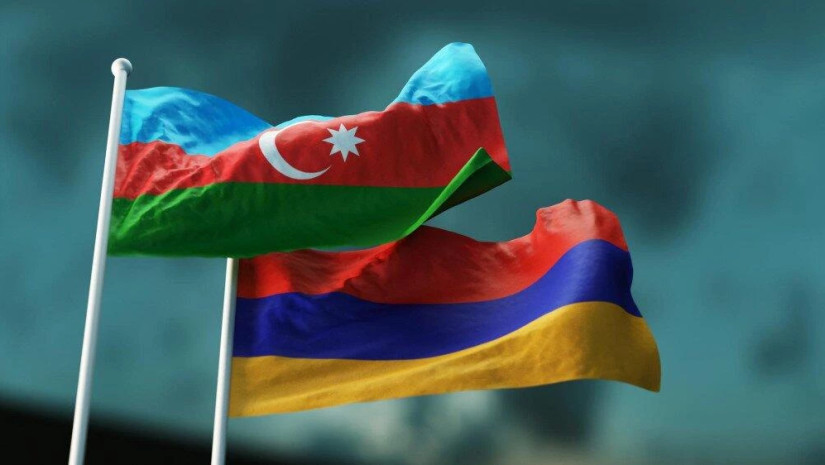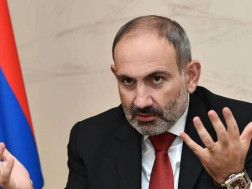Artsakh (Nagorno-Karabakh) human rights defender Gegham Stepanyan released an extraordinary report in Armenian, English and Russian languages on the violations of individual and collective rights of Artsakh people as a result of the 100-day blockade by Azerbaijan.
The report provides comprehensive and detailed information about the violations of 7 individual rights, 5 rights of vulnerable groups and 4 collective rights, which reflect the deepening humanitarian crisis and the genocidal policy of Azerbaijan against Artsakh people.
"As a result of the blockade, 41 spheres of economic activity, constituting 71% of the total number, have been negatively affected.
During the blockade, the economy of the country suffered a direct loss of about USD 190 million, leading to a decline of about 21% in the projected annual GDP (USD 903 million).
18.3% of business entities have officially stopped operating. The rest either do not actually operate, or operate partially reducing the volume of their activity.
According to the preliminary data, in January, 2023, AMD 1,902.3 million of tax revenues and fees were transferred to the state budget of the Republic of Artsakh which is 32.1% less compared to the planned number of AMD 2,800 million and 28.5% less compared to the same period last year.
In the absence or acute shortage of seeds, fertilizers, pesticides, fuel and other necessary items, large-scale agricultural activities that are not carried out negatively affects the level of development, employment and food security, especially given the urgent need to increase and diversify the local production under the blockade.
The construction of 32.6 km road, tens of kilometers of water pipeline, irrigation systems for thousands of hectares of land, 3,717 apartments, more than 40 social and industrial infrastructural facilities has been stopped.
Due to the blockade and power outages, more than 85% of production and 100% of exports have been stopped.
Due to the targeting of the Kashen copper and molybdenum mine of the Base Metals mining company – the largest producer and taxpayer of Artsakh, the mine site is currently closed and its almost 2,000 permanent employees, together with the service personnel of the mine, are currently at risk of unemployment," the report reads.
Nagorno-Karabakh is a disputed territory, internationally recognized as part of Azerbaijan, but most of it is governed by the unrecognised Republic of Artsakh (also known as the Nagorno-Karabakh Republic (NKR)) since the first Nagorno-Karabakh War.
The Lachin corridor, the only land route giving Armenia direct access to Nagorno-Karabakh, has been blocked since Dec. 12, when Azerbaijani protesters claiming to be environmental activists and widely believed to be backed by the country’s authorities, stopped traffic by setting up tents. The situation has left some 120,000 ethnic Armenian residents in Nagorno-Karabakh without access to essential goods and services, including life-saving medication and health care.
















